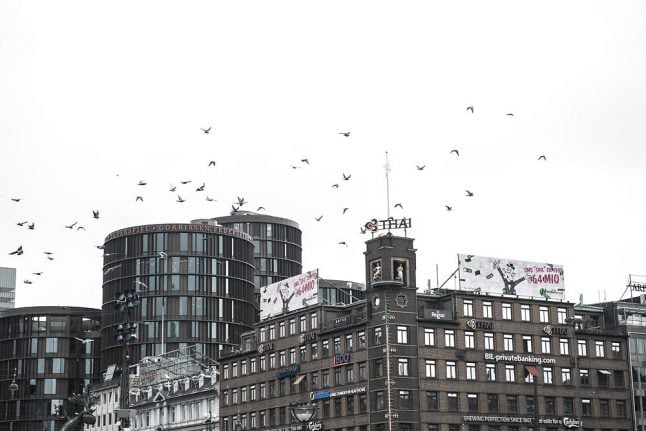Denmark is 10th in the ranking, above Nordic neighbours Finland and Norway and just behind Sweden on the Global Competitiveness Report 2018. The three top nations for competitiveness are the United States, Singapore and Germany.
Why #diversity matters for global competitiveness https://t.co/gyQknj3pPq #business pic.twitter.com/XqwSc54tnK
— World Economic Forum (@wef) October 17, 2018
The index measures 98 indicators in 140 countries. Economies are divided into 12 ‘pillars’ or drivers of productivity in order to determine how close the economy is to the ideal state or ‘frontier’ of competitiveness, WEF writes on its website.
“We are in the fourth industrial revolution, where winning economies have good, green innovations systems, economic stability and flexible labour markets. That‘s why Denmark is in the top ten,” Stig Yding Sørensen, senior specialist with Teknologisk Institut, WEF’s Danish partner organisation, told Ritzau.
WEF’s assessment means that it finds Denmark’s economy to be well-equipped to thrive in current global economic conditions.
But Denmark was found lagging on one of the parameters used to compile the index: the international reputation of its universities.
“That’s where we are in 30th place. We don’t have a Stanford or an Oxford. So if we could do more to attract internationally-recognised researchers to Denmark, that would improve our reputation,” Sørensen said.
The WEF report is based on 12,000 survey interviews with business leaders around the world, as well as national data on aspects ranging from working hours to number of patents.
Aarhus University economics professor Christian Bjørnskov said that the report is normally used by a small, but powerful sector.
“It is typically used by administrators and a number of special interests, including politicians, as a kind of catalogue of ideas. The advice in the report is not necessarily followed, but can be used for inspiration,” Bjørnskov told Ritzau.
WEF has produced the report annually since 1979.
READ ALSO: Denmark moves up on list of world's most competitive business nations



 Please whitelist us to continue reading.
Please whitelist us to continue reading.